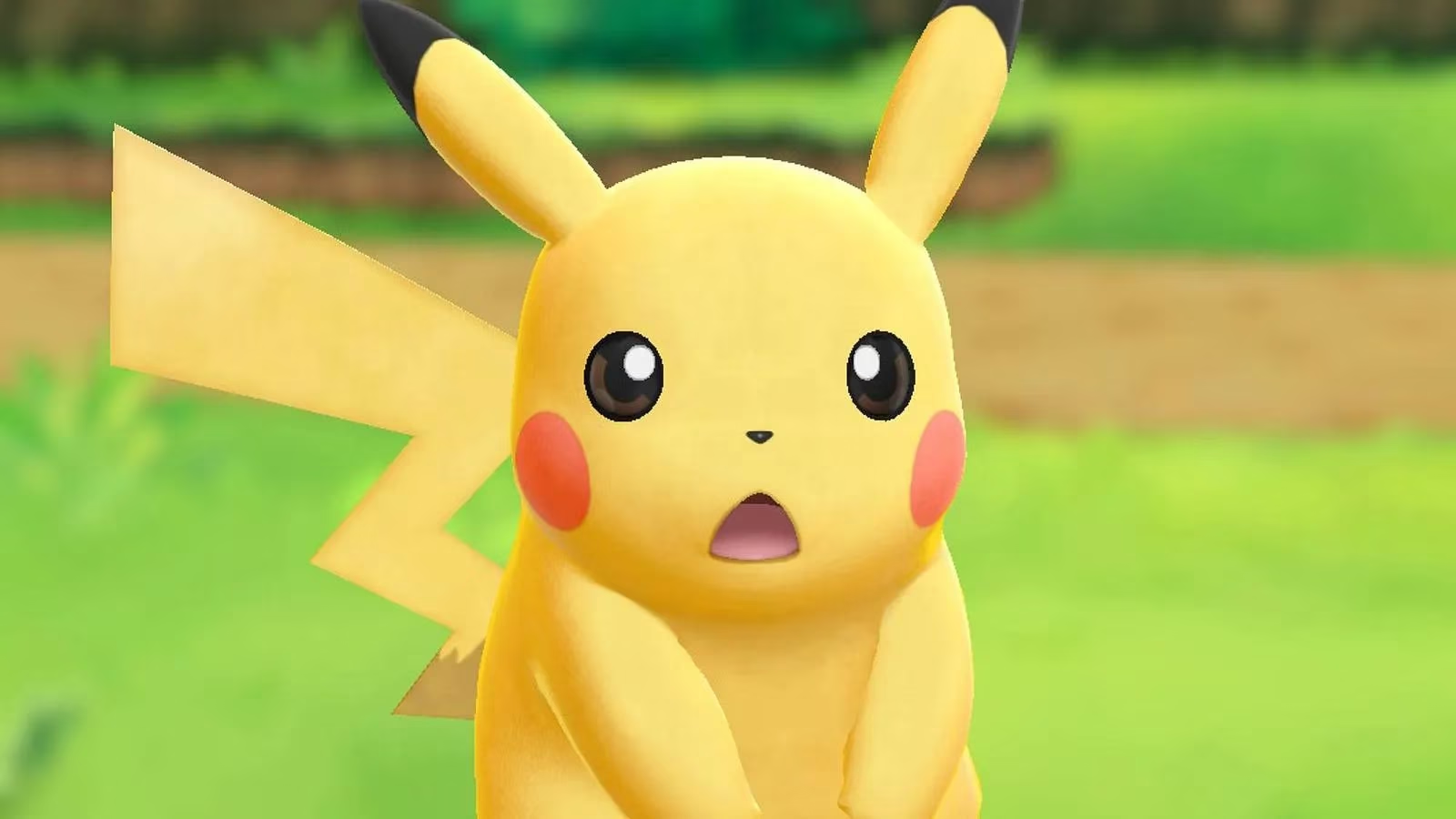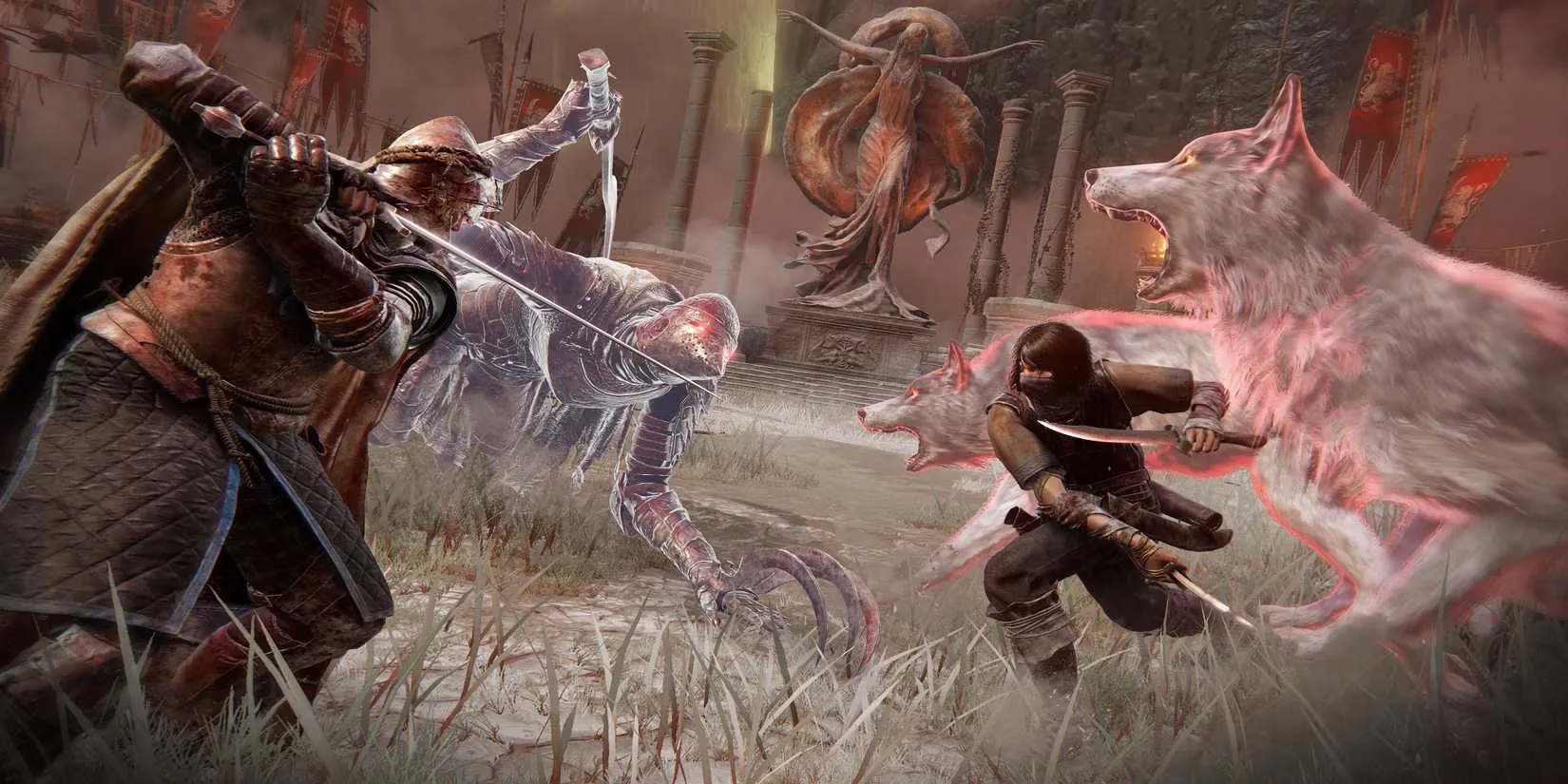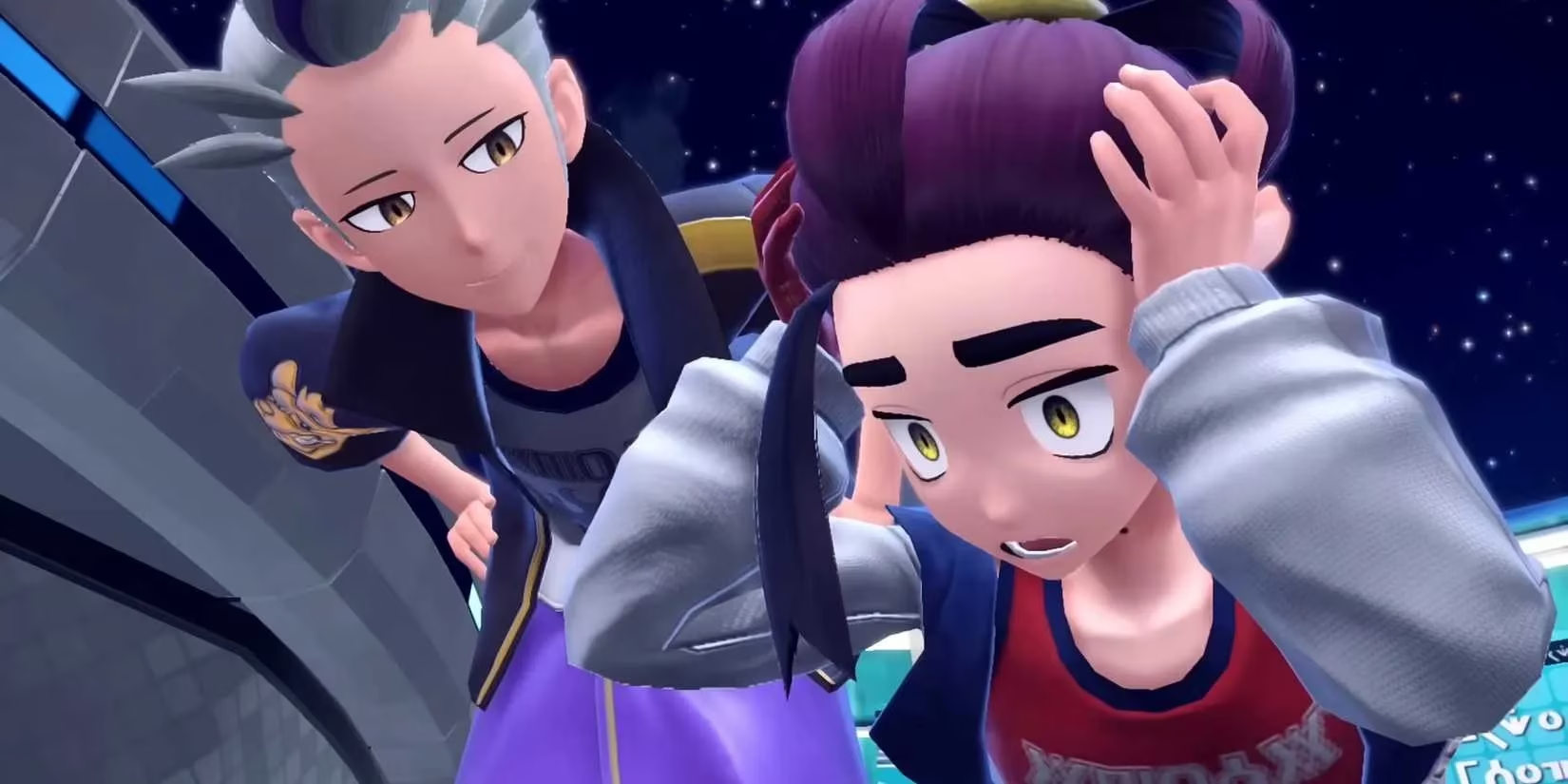Nintendo's Sub Character Patent: A Gaming Cataclysm
The gaming world trembles in apocalyptic dread as Nintendo, the undisputed titan of the industry, has unleashed a seismic shockwave with its latest patent approval in the United States. Imagine waking up to find that the very essence of summoning companions—those adorable or fearsome allies in games—has been locked away in an iron vault owned solely by Nintendo. This isn't just a minor ripple; it's a volcanic eruption that threatens to incinerate creativity across the entire gaming landscape. As an avid gamer, one can't help but feel a visceral chill down the spine, like stumbling upon a sleeping dragon only to realize it's hoarding every treasure of imagination. How can such a fundamental mechanic, as common as the air we breathe in virtual worlds, be patented? The sheer audacity is breathtaking, casting a shadow of doom over beloved titles and indie dreams alike. 😱
The Patent That Shook the Foundation
At the heart of this upheaval is Patent No. 12,403,39, granted by the United States Patent and Trademark Office without so much as a whisper of objection. This patent covers "sub characters," which are essentially summonable companions that act autonomously or under player direction. To break it down: if a game allows you to call forth a helper—be it a Pokémon, a spirit in Elden Ring, or a creature in Palworld—and then control its battles, Nintendo now claims ownership. The patent explicitly states that no other developer can implement features where a player "causes a sub character to appear on the field" and "controls a battle between the sub character and an enemy character." This is akin to patenting the concept of breathing in a fantasy realm—utterly absurd yet terrifyingly real. From a player's perspective, it's like discovering your favorite childhood sandbox has been fenced off with barbed wire, leaving you to watch from afar. 🚫

Palworld's Legal Nightmare Intensifies
The timing couldn't be more catastrophic for Pocketpair, the developer behind the smash hit Palworld. Already embroiled in a fierce legal battle with Nintendo over alleged similarities to Pokémon, this patent is like pouring gasoline on a raging inferno. Nintendo's litigious nature is legendary—a relentless storm that spares no one—and this patent weaponizes their arsenal further. Palworld, with its creature-collecting mechanics where players summon and battle pals, now faces amplified risks of infringement. It's as if Nintendo has cast a digital Medusa's gaze, turning innovative features into stone before they can even blossom. For indie developers watching this unfold, the fear is palpable; it's like being a small boat in a hurricane, with waves of lawsuits threatening to capsize years of hard work. The broader implication? Any game in the creature-collection genre, from Digimon to Shin Megami Tensei, could be next in the crosshairs. 😨
Ripple Effects Across the Gaming Universe
Beyond Palworld, this patent has tentacles that stretch into every corner of the industry, ensnaring giants like Elden Ring and cult classics such as the Persona series. Consider the impact:
- Elden Ring: The game's Spirit Ash summons, which allow players to call spectral allies for automatic or directed battles, now dance on the edge of infringement. It's a mechanic that defined entire boss fights, yet Nintendo's patent could force a rewrite or worse—a costly lawsuit.

- Other Affected Franchises:
| Game Series | Core Mechanic at Risk | Potential Fallout |
|-------------|------------------------|-------------------|
| Digimon | Summoning digital monsters for combat | Risk of cease-and-desist orders |
| Persona | Calling personas in turn-based battles | Delays or redesigns |
| Indie Titles | Any summonable companion feature | Bankruptcy or abandonment |
This isn't just a legal nuisance; it's a tsunami of litigation poised to drown creativity. For fans, the dread is like discovering that every sunrise in your favorite game now requires a royalty payment. Nintendo's move here is a masterstroke of dominance, yet it feels like a betrayal—a once-beloved guardian morphing into a greedy overlord. From a developer's viewpoint, the patent is a suffocating blanket, smothering innovation before it can ignite. 😤
The Industry's Collective Anxiety
Gaming studios, big and small, are reeling from this news. Nintendo's history of aggressive litigation, combined with this broad patent, spells disaster for future projects. It's as if the company has erected an invisible force field around the idea of companion summons, making it inaccessible to anyone else. For smaller indie teams, this could mean the end of their dreams; it's like planting a garden only to have a corporate giant claim ownership of the soil. The fact that the patent sailed through approval without issues is baffling—it's a sign that regulatory bodies might be asleep at the wheel. Personal feelings of outrage bubble up: How dare Nintendo gatekeep such a universal gaming trope? It's akin to patenting laughter or friendship in storytelling. 🤬

The Bigger Picture: What Lies Ahead?
As the dust settles on this bombshell, it's clear that Nintendo's strategy might be part of a larger campaign to monopolize the creature-collection genre. Before Palworld, they rarely flexed their muscles outside sales charts, but now, with this patent, they hold a scepter of control. The implications ripple out like shockwaves from a supernova, affecting everything from AAA blockbusters to garage-developed passion projects. But here's the million-dollar question: Will this stifle innovation or force developers to evolve in unexpected ways? Perhaps it could spark a renaissance of alternative mechanics, or maybe it will plunge the industry into a dark age of copycat lawsuits. The future is a murky fog, filled with uncertainties. What if this patent is just the first domino in a chain reaction? Could it inspire a backlash that reshapes intellectual property laws? Only time will tell, but one thing is certain: the gaming community must stay vigilant, questioning whether such patents protect or poison the wellspring of creativity. 🤔
Research highlighted by TrueAchievements reveals how achievement systems and companion mechanics have become integral to player engagement on Xbox platforms. Their analysis of recent trends shows that summonable allies, like those now under Nintendo's patent scrutiny, often drive both achievement unlocks and community challenges, underscoring the widespread impact such legal moves could have on future game design and player experiences.

Leave a Comment
0 Comments